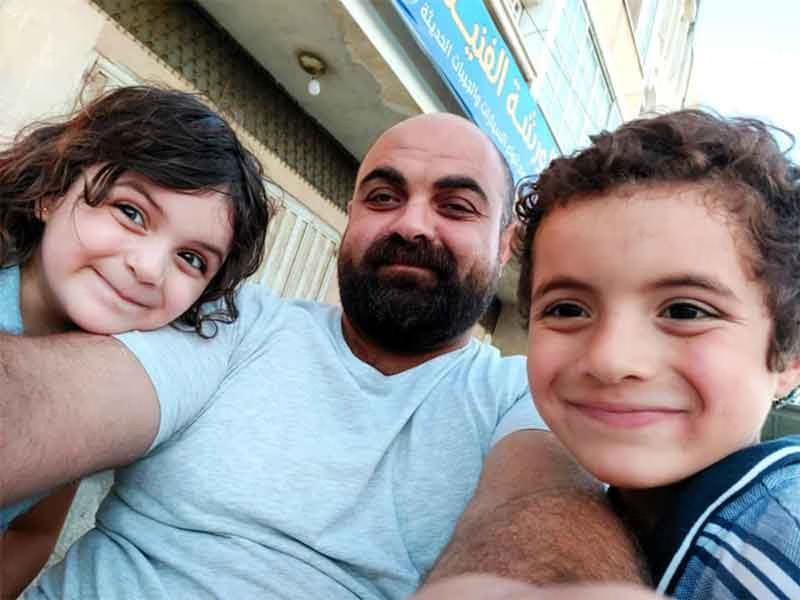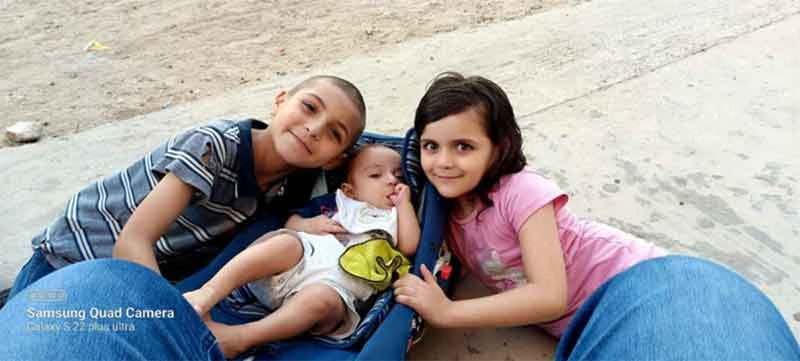Ali Al-Najjar faced two impossible choices today: evacuate his family from the danger zone—even though nowhere in Gaza is safe—or stay by the hospital bedside of his wounded brother, Dr. Hamdi Al-Najjar. Hours earlier, an Israeli airstrike hit Hamdi’s family home in Khan Younis without warning. The house collapsed like “a biscuit,” Ali said, leaving behind nothing but rubble—and the charred bodies of nine children.

Only two survived the bombing: Hamdi and his 10-year-old son, Adam. Hamdi’s wife, Dr. Alaa Al-Najjar, was at work in Nasser Hospital when the missile struck. She was tending to wounded children when news of the attack reached her. She ran back home on foot. There was no transport. Nothing could have prepared her for the scene: her house flattened, her children pulled out in pieces.
“Everything was gone,” said her sister, Sahar, to AFP. “The house was just rocks. Nine of the kids were burnt, unrecognizable.”
Ali had rushed to the scene immediately after the strike. “I found my brother bleeding on the ground, his head wounded, his hand severed, buried under debris,” he said. Adam, his nephew, was burned but alive. Ali drove him to the hospital in his own car. Civil defense workers rescued Hamdi and took him to the Jordanian field hospital. His injuries were critical. Doctors removed 60% of his right lung and gave him 17 units of blood.
Adam, meanwhile, lost his hand and suffered burns across his body. Both father and son now lie in intensive care at Nasser Hospital, where doctors struggle to save lives with almost no medical supplies. The hospital’s director, Dr. Munir Al-Bursh, said the conditions are catastrophic. Even painkillers and clean water are hard to find.
Alaa, a pediatrician beloved in her community, sits in the mourning tent surrounded by women wrapped in black. She has barely spoken since the strike. The trauma has silenced her.
Sahar, still in shock, said she couldn’t bear to look at the bodies. “I didn’t recognize a single child. Their faces were gone.”

Ali buried all nine children in two graves. Now, he dreads the moment his brother wakes up. “What will I say to him?” he asked. “How do I tell him his kids are gone? I don’t know how.”
For Ali, the tragedy is not just personal—it’s proof that nowhere in Gaza is safe. “Death is more merciful than this,” he said. “There is no shelter, no sanctuary. Only loss.”
As Israeli airstrikes continue and aid remains scarce, families like Al-Najjars live in a state of constant mourning. Their tragedy is one among thousands in Gaza’s ever-growing list of heartbreaks.
Subscribe to Our Newsletter
Get the latest CounterCurrents updates delivered straight to your inbox.









































